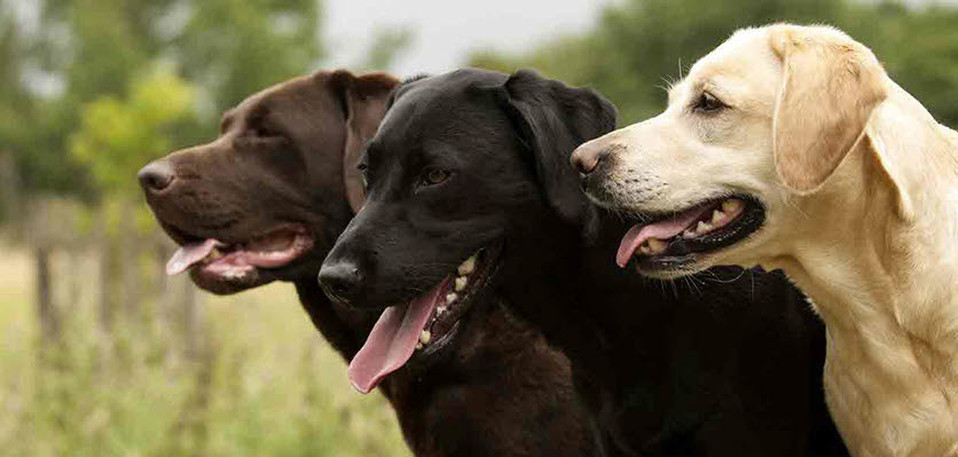Could DNA testing make eye disease a thing of the past in Aussie dogs?
10 Aug 2017
Unfortunately, eye problems are not uncommon in Australian dogs. Now with DNA testing, breeders can identify dogs at risk of developing eye disease later in life, and pass the disease onto the next generation of pups.
Hosted by Australian Small Animal Veterinarians (ASAV), a special interest group of the Australian Veterinary Association, the FASAVA Congress is for veterinarians in the Asia Pacific region who predominantly treat pets. This weekend, Dr. Anna Deykin from Brisbane Veterinary Specialist Centre, will discuss inherited eye conditions and the role of eye tests in helping to eliminate eye conditions in certain breeds.
“There are many dog breeds in Australia that suffer with congenital and inherited eye conditions. Conditions such as cataracts, glaucoma, dry eye and retinal atrophy are all common in Australia and can have a genetic component. These eye problems can cause irritation, pain and even vision loss in some cases,” Dr. Deykin said.
The Australian Canine Eye Scheme (ACES) is a national assessment system for registered dog breeds. It offers a reliable screening service for a range of congenital and inherited eye conditions. The program is administered by the Australian Veterinary Association and eye assessments are carried out by registered veterinary eye specialists.
“The ACES scheme is invaluable to breeders and prospective dog owners because by identifying dogs with eye defects, breeders can plan their breeding programs in a way that minimises the chances of affected dogs passing on painful or vision-threatening eye conditions from one generation to the next,” she said.
Many inherited eye diseases now also have a DNA test.
“Many eye conditions have a later onset so while a dog may appear normal during an eye exam, a DNA test will identify whether it is likely to develop an eye condition later in life.
“By knowing if a dog is a carrier of an eye condition, the breeder can again use this valuable information to plan their mating programs in a way that reassures other breeders and prospective dog owners of the eye health of their litters,” Dr. Deykin said.
The AVA advises prospective pet owners to be informed and to speak to their veterinarian regarding any health problems associated with specific breeds, prior to purchasing a pet.
The FASAVA Congress is being held at the Gold Coast Convention and Exhibition Centre from 11-14 August 2017.
For more information, visit fasavacongress2017.com.au.
For further information and requests for interviews contact the AVA media office on 0439 628 898 or media@ava.com.au.
The Australian Veterinary Association (AVA) is the only national association representing veterinarians in Australia. Founded in 1921, the AVA today represents 9000 members working in all areas of animal science, health, and welfare.
